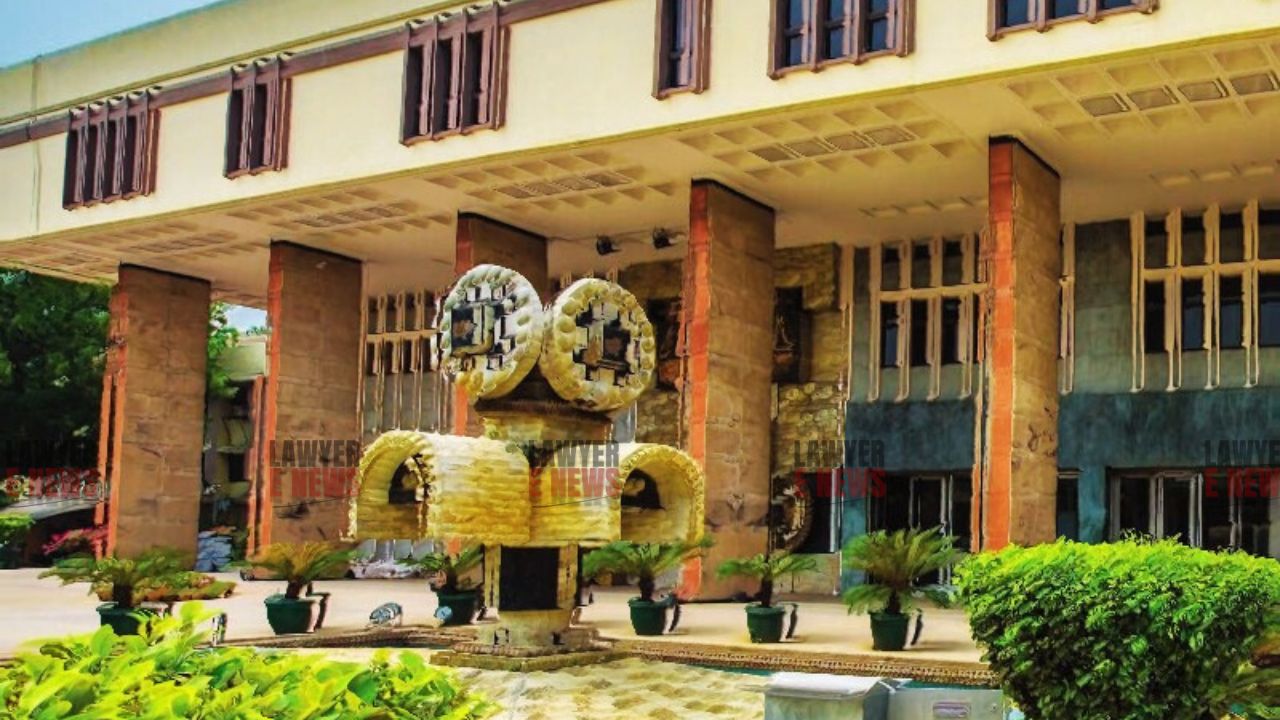-
by sayum
14 February 2026 2:22 PM



The Delhi High Court has dismissed an appeal by Shubham Pal and others seeking revaluation of certain questions in the Combined Graduate Level Examination (CGLE) 2023 conducted by the Staff Selection Commission (SSC). The bench, comprising Justices Rekha Palli and Saurabh Banerjee, reinforced the judiciary's limited role in academic assessments, emphasizing reliance on expert evaluation.
The appellants, Shubham Pal and others, after clearing the Tier-1 of CGLE 2023, appeared for Tier-2 on October 26, 2023. The SSC published the final results on December 4, 2023, based on a revised answer key released on November 30, 2023. The appellants, whose names were absent from the final list, contested the accuracy of the answer key. They claimed errors in the answers to specific questions and requested a re-evaluation, asserting that the discrepancies were contrary to standard NCERT textbooks.
Judicial Restraint in Academic Matters: The court highlighted the importance of respecting the domain of academic experts in evaluating competitive examination answers. Justice Saurabh Banerjee noted, “Courts should not enter into the evaluation of answer keys, as it is for the experts in the field to deal with these aspects.” He further emphasized that judicial interference is warranted only in rare and exceptional cases where there is a manifest error or violation of principles of natural justice.
Presumption of Correctness of Answer Keys: The court underscored the principle that an answer key should be presumed correct unless proven otherwise. Referring to the Supreme Court’s ruling in Kanpur University vs. Samir Gupta, the judgment stated, “An answer key should be presumed to be ‘right’ unless it is proved that an answer key is ‘wrong’ and should not be interfered with until then.”
Limited Scope for Re-evaluation: The court referenced several precedents, including H.P. Public Service Commission vs. Mukesh Thakur and Pramod Kumar Srivastava vs. Chairman, Bihar Public Service Commission, reiterating that in the absence of a statutory provision for re-evaluation, courts should not generally direct revaluation of answer scripts.
Justice Saurabh Banerjee, delivering the judgment, stated, “This Court cannot interfere with the opinion of the experts by simply presuming that the answers sought to be now substituted by the appellants can be ‘right’. The appellants have not been able to show anything which can be rare or which can shock the conscience of this Court.”
The dismissal of the appeal reinforces the judiciary's commitment to respecting the expertise of academic evaluators in competitive examinations. The judgment sends a strong message about the boundaries of judicial intervention in academic matters, emphasizing that courts should refrain from interfering unless there is clear evidence of a manifest error or injustice. The decision is expected to uphold the integrity of competitive examination processes and ensure timely resolution of results without unwarranted delays due to revaluation requests.
Date of Decision: May 27, 2024
